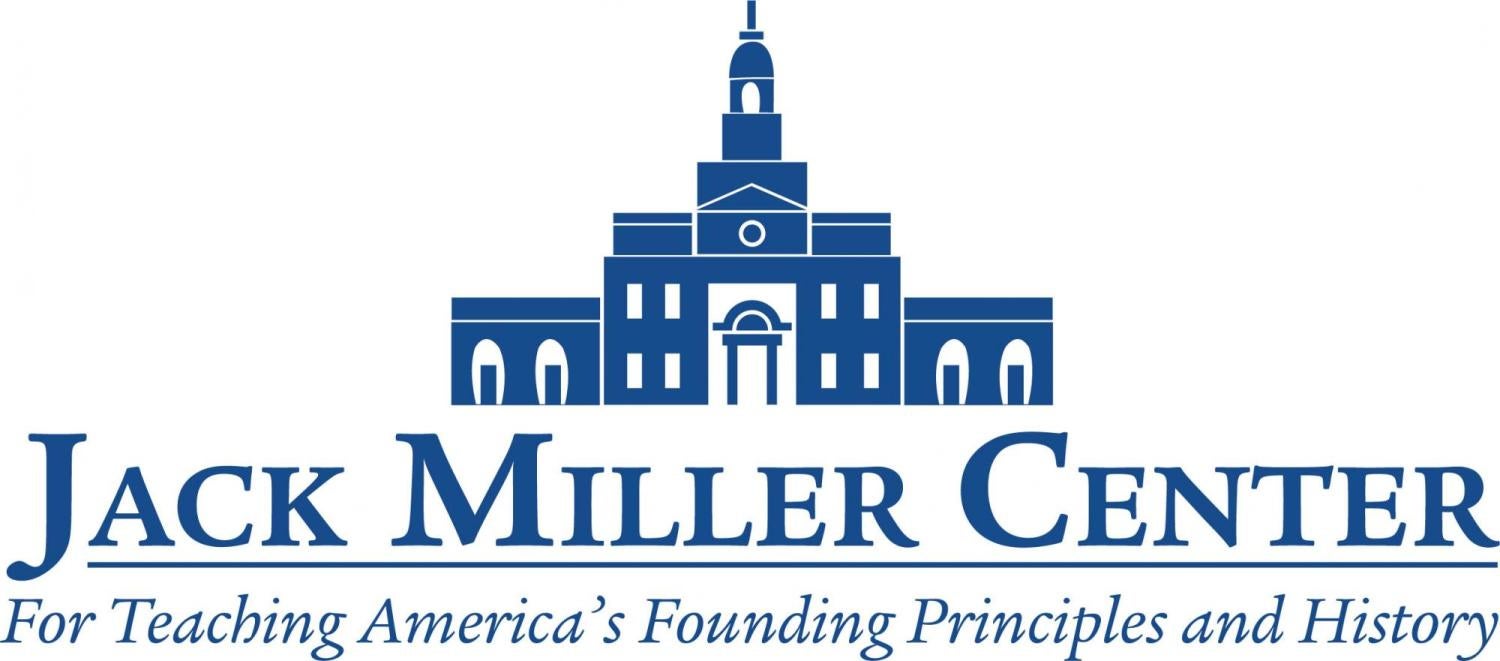CU Engineering Leadership Program 2021-22 Lecture Series
The New STEM Enlightenment: Political Promises and Perils of Science and Technology
About this series:
This lecture series examines how America’s zealous promotion of science, technology, and scientific education affects American democracy. How does our reverence for science and technology alter the soul of our nation and its people? Can a citizenry educated under the auspices of modern science and charmed by the marvels of technology maintain the institutions and behaviors necessary for the survival of liberal government? Are our prospects for fostering human flourishing, for reclaiming a more nuanced civic discourse, and for producing citizen-leaders of prudence and character enriched or diminished by the habits of heart and mind cultivated by science education and technological dependence? Presented by the Engineering Leadership Program, which gratefully acknowledges the support of the Jack Miller Center and the Benson Center for the Study of Western Civilization.
Fall 2021
November 5, 2021, Noon | Webinar |
Tobin Craig: “Towards the Limits of the Possible: The Philosophic Ambition of a Technological Science”
Today science is publicly defended and justified on the promise that it will yield useful knowledge and beneficial technologies. And yet, at the same time, individual practicing scientists often conceive of and describe their activity as primarily and even ultimately oriented towards the discovery of the truth about nature. This duality in the way science is conceived of and justified is part of the legacy of Francis Bacon’s great effort to refound and reform science. In this lecture, Professor Craig will reconsider Bacon's original argument for a technological science, focusing on the question of which of these two aims or goals is primary for Bacon, and how Bacon conceived of their relationship.
About the Speaker:
Tobin Craig is a historian of political thought at James Madison College, Michigan State University with a focus on early modern political philosophy and the rise of modern science. He also directs an interdisciplinary undergraduate program on Science, Technology, Environment, and Public Policy. He has published essays on Bacon, Descartes, utopian thought and the problem of science in a democracy. He won an "Enduring Questions" grant from the National Endowment for the Humanities for a course entitled "What is the Good of Science?" which explores the question of how inquiry into nature is defended and justified. He is currently completing a book-length study of Francis Bacon’s project to refound natural philosophical inquiry.
Spring 2021
Bernhardt L. Trout: "Thermodynamics, Atoms, and Citizenship" Webinar, February. 5, 2021
Professor Trout discussed the particular way in which pursuing STEM forms the mind. That way has benefits to mastering nature but limits understanding nature. Such limits in turn have particular effects on citizenship, which we elaborate. Concepts and equations from thermodynamics and quantum mechanics are used, but no prior studies in those areas is assumed.
About the Speaker:
Bernhardt Trout is Professor of Chemical Engineering at the Massachusetts Institute of Technology (MIT) and Director of the Novartis-MIT Center for Continuous Manufacturing. Professor Trout received his S.B. and S.M. degrees from MIT and his PhD from the University of California at Berkeley. Among his research interests are molecular engineering, nucleation and crystallization, pharmaceutical manufacturing and stabilization of biopharmaceuticals. He has published over 130 papers, currently has 10 patents pending, and been honored many times for his work.
Erin Dolgoy: "Between Certainty and Disbelief: How Different Understandings of Science Influence Expectations" Webinar, March 22, 2021. No recording available.
Scientists and non-scientists are often asked to evaluate scientific information in real-time with significant and immediate social and political effects, not only for us as individuals, but also for our families, communities, and countries. The Covid-19 Global Pandemic has brought these concerns to the forefront of public discourse. This talk examines different approaches to and understandings of modern science, what science means, what it promises, how it is practiced, and what it can reasonably prove.
About the Speaker:
Erin Dolgoy is Assistant Professor in Political Science at Rhodes College. She received her PhD from Michigan State University (2013), MAs from Michigan State University (2008) and the University of Alberta (2006), and an HBA from the University of Toronto (2003).



